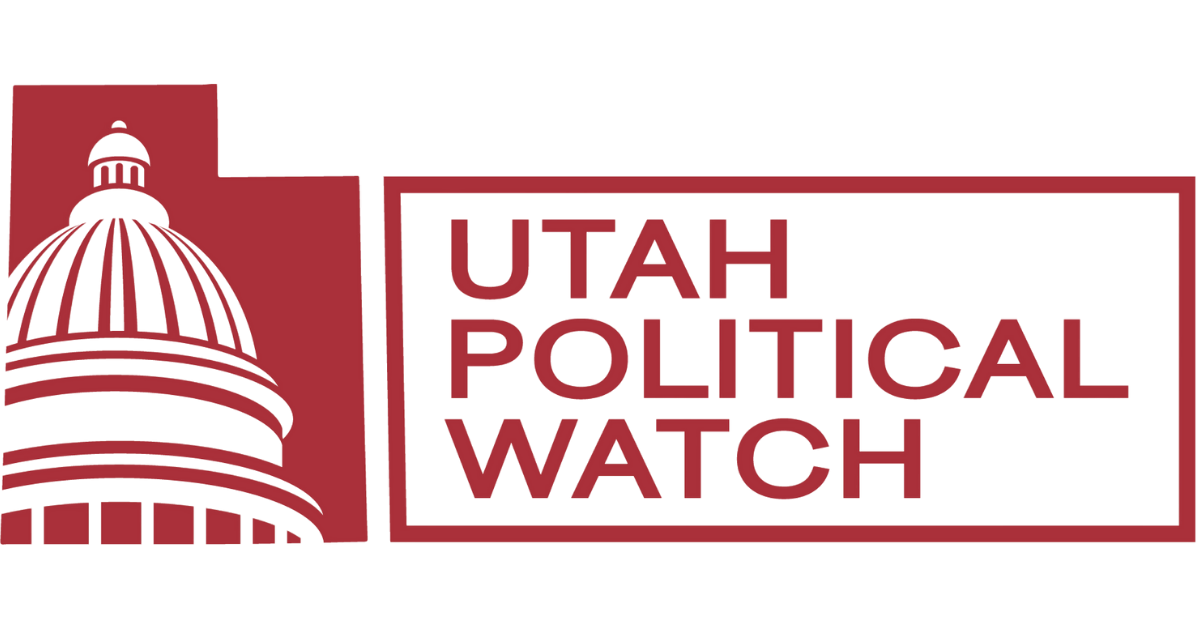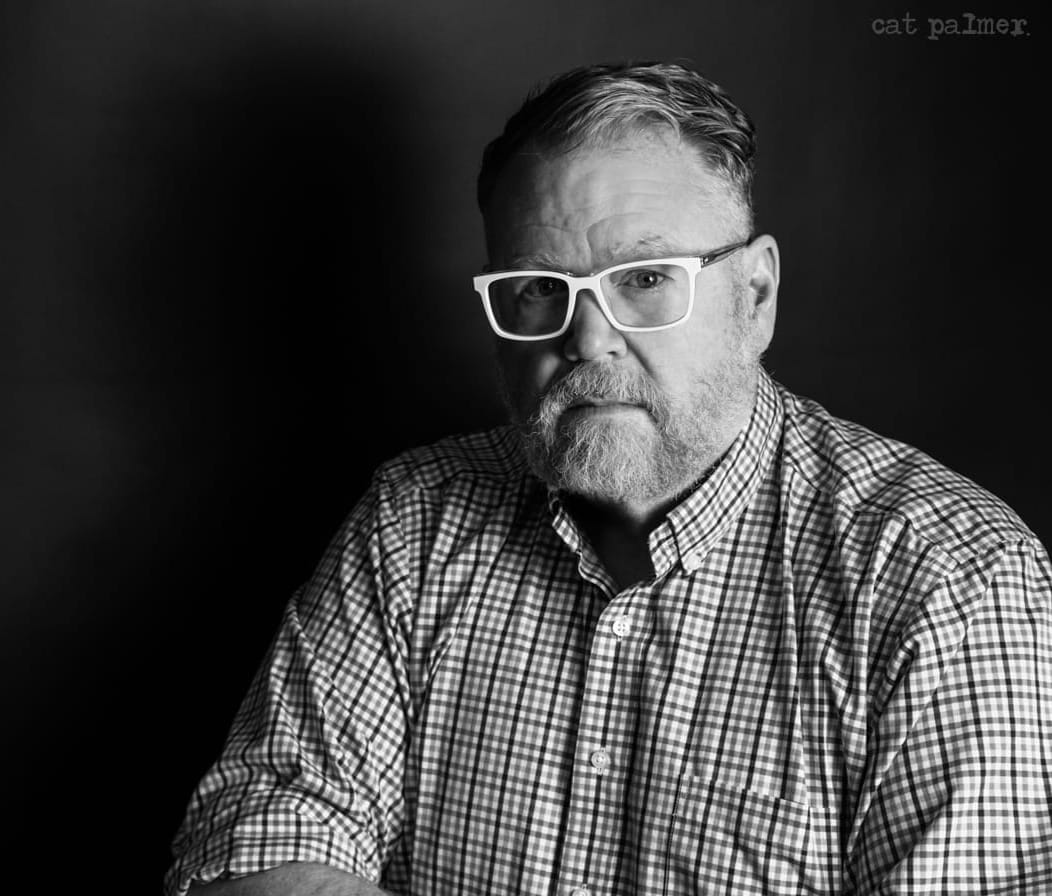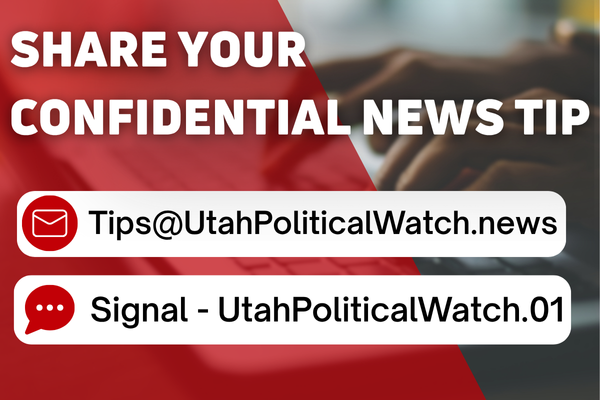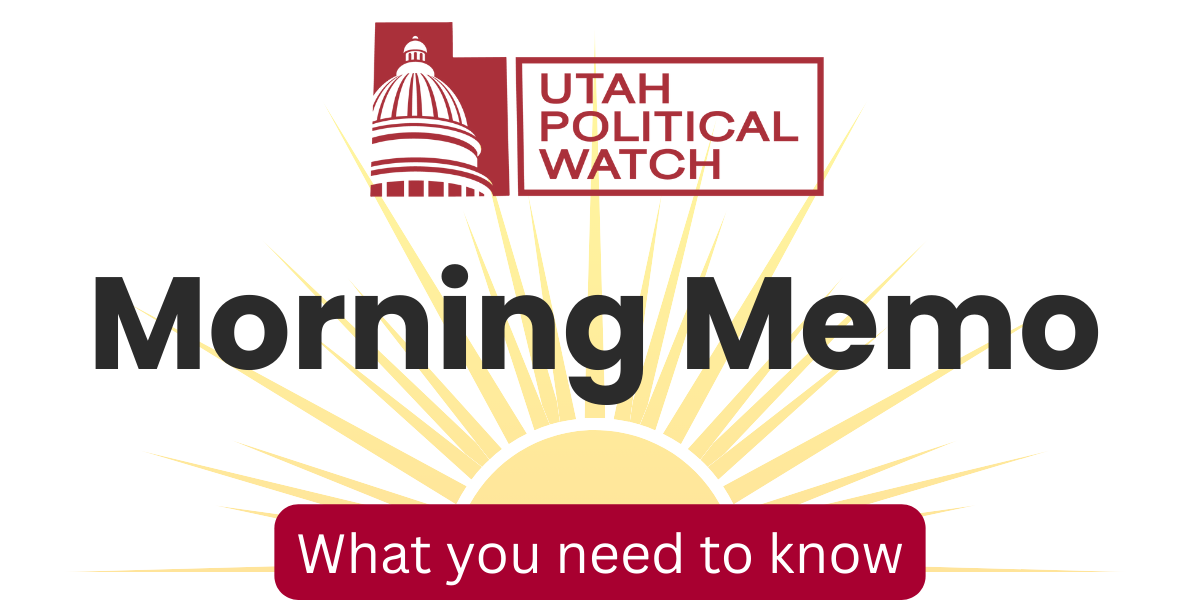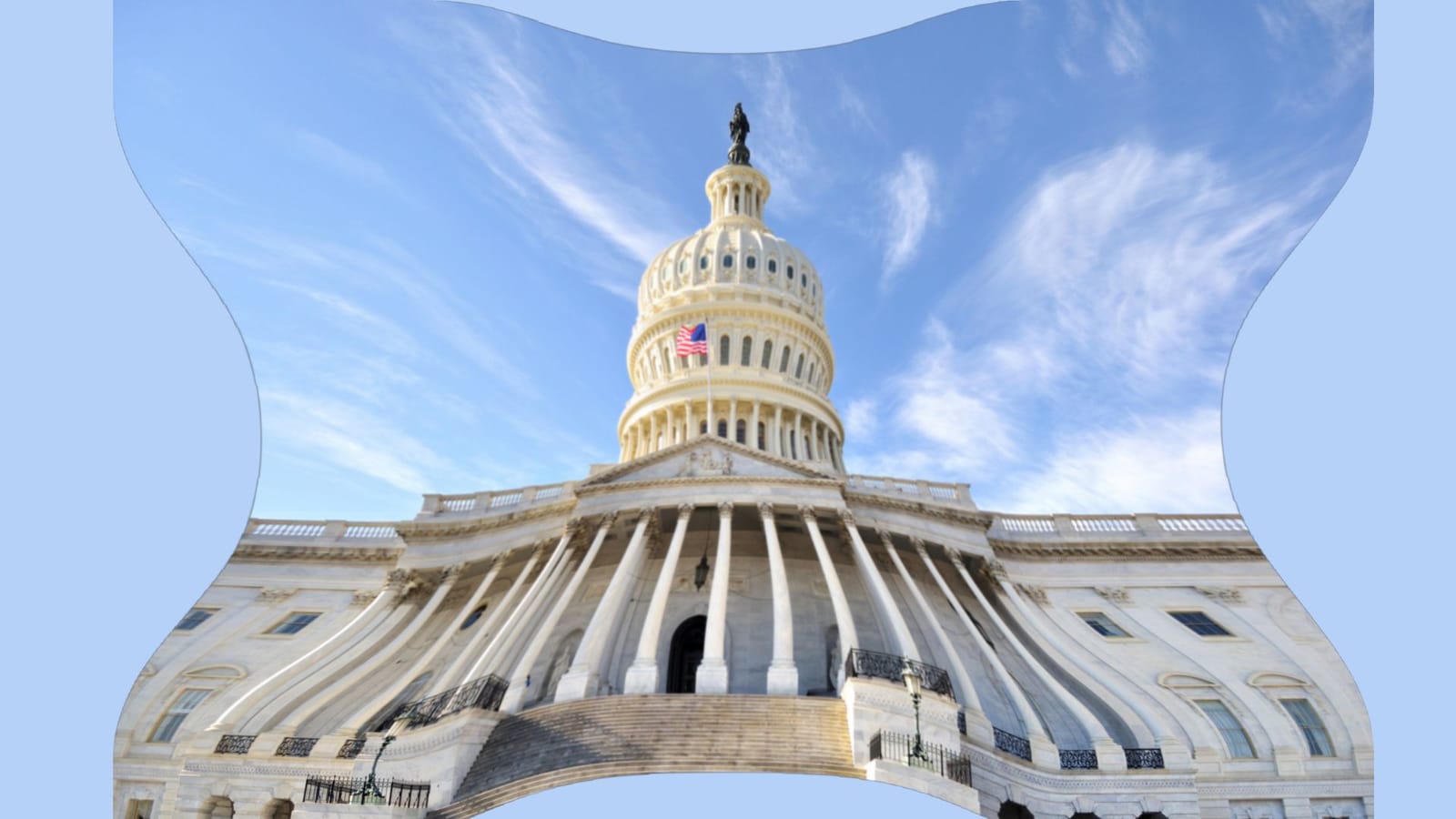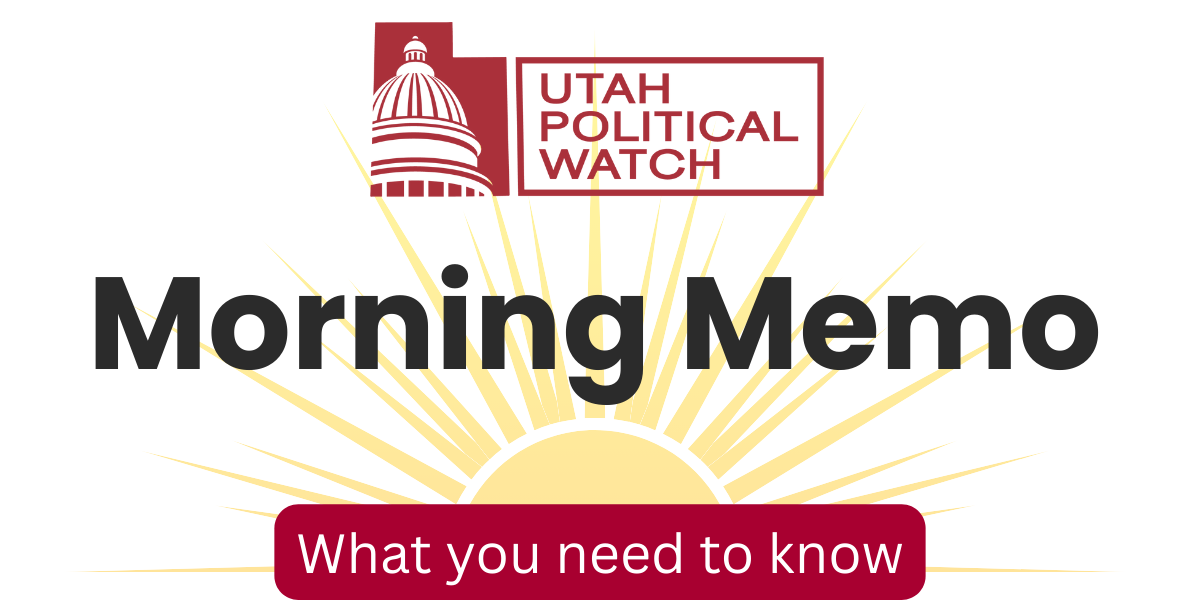Utah lawmakers are poised to consider a trio of election-related bills slated for next month's anticipated special legislative session. Proponents say the measures, which change how election records are handled and the process for signature-gathering candidates to qualify for the primary ballot, promise greater transparency and bolster the integrity of Utah’s elections. Some of those changes are prompted by baseless election fraud conspiracies.
One proposal dealing with election records sponsored by Rep. Norm Thurston, R-Provo, is a revamp of HB263 passed by lawmakers during the 2025 session. That bill, also sponsored by Thurston, required election officials to create digital copies of election materials, including ballots and the backs of envelopes used to return mail-in ballots, for a dozen years. Accessing those records could be authorized by elected officials during that time frame.
County clerks pushed back against these requirements, warning they would strain already limited resources and potentially compromise election security.
Currently, election records in Utah are sealed and destroyed after 22 months. They can usually only be accessed through a court order.
The new proposal clarifies which records are related to election returns that will be sealed and destroyed after 22 months-things like actual ballots and other sensitive data.
"One of the concerns the lieutenant governor has expressed in many circumstances is that when the election is over, it's over. And we don't have people trying to re-litigate, readjudicate the ballots, the counting, all of that sort of stuff," Thurston said Wednesday.
However, the new proposal allows for county clerks to make a data set known as the "cast vote record," which is a log of when individual ballots were counted by machine along with individual ballot images loaded into the counting machine. Election officials have said that information could be used to triangulate exactly how voters cast individual ballots.
Cast vote records have become a rallying cry for election deniers nationwide. After the 2020 election, officials faced an avalanche of demands for this data from activists convinced it would expose widespread fraud—claims that have been repeatedly debunked. Many of the requests for cast vote records were spurred by MyPillow CEO Mike Lindell and his allies.
Last year, a Utah appeals court blocked a lawsuit brought by a pair of Utah election deniers, Jen Orten and Sophie Anderson, who attempted to use Utah's open records law to obtain the data from the 2020 election. The two women are close allies of former Republican gubernatorial candidate Phil Lyman. Orten and Anderson are also allied with Lindell and several of his associates.
Thurston's proposal allows clerks to publish the cast vote record and include it as part of the final canvass report in most elections.
Sen. Jen Plumb, D-Salt Lake City, expressed concerns about creating more transparency about elections at the expense of voters' privacy.
"How do we maintain protections while maintaining data and protecting the integrity of our elections, while protecting individual populations and population groups who, frankly, could be pretty threatened by a particular vote being released?" Plumb said.
Lawmakers on the Government Operations Interim Committee also briefly discussed a pair of bills aiming to make significant changes to the process for candidates who use the signature path to qualify for the primary election ballot.
The proposed changes come on the heels of a series of audits that found errors in Utah's signature verification process and baseless claims of fraud pushed by Republican Phil Lyman after he lost the 2024 GOP gubernatorial primary election to incumbent Spencer Cox.
A proposal from Rep. Lisa Shepherd, R-Provo, requires election officials to post online the name of every voter who signs a petition for a candidate, along with other identifying information, including the voter's precinct. Election officials are also required to inform voters via email that their names will be posted online and they have three days to request that their signature be removed from a petition if they choose.
Shepherd says posting the names of all the voters who sign a candidate petition is a necessary move for more transparency.
"Another benefit in the process is we have a live signature total," Shepherd said. "As you're seeing on the website, you will know how many signatures. And I believe that is a very transparent way to handle this."
In Utah, voters have the option of making their voter registration records private, which means they cannot be released to the public, but that information can be accessed by government agencies, political parties, and candidates for certain purposes. The proposal requires the posting of the names of voters who sign petitions online, even if they have requested that those records be marked as private.
When it became clear that he was about to lose the 2024 GOP gubernatorial primary election to Spencer Cox, Phil Lyman's campaign launched an effort to cast doubt on the legitimacy of Cox qualifying for the primary election via signatures. Lyman and his supporters tried to gain access to the petitions submitted by Cox using Utah's open-records laws and through the courts as part of an effort to verify whether those signatures were collected legally. Those requests were denied because those forms contained voter registration records marked as private, which cannot be released publicly.
Voter registration records classified as "withheld," which includes victims in domestic violence cases, police officers, and public figures, cannot be publicly released under any circumstance.
Lyman is currently suing the state in federal court, alleging withholding "private" and "withheld" voter registration records violates federal election law.
Another bill from Shepherd adds additional requirements on how some candidates submit signatures to election officials for verification. In the past, candidates for statewide office, federal offices, and offices that cover more than one county submitted their signature petitions to a central location for verification. In 2024, the Davis County Clerk handled the signature packets for those candidates. If the proposal is approved, those candidates will now have to submit petitions to the county clerk where the voters who sign reside. If a signature is submitted to the wrong county clerk, it would not be counted.
The proposal also shortens the time that candidates have to submit those signatures. The current deadline for turning in candidate petitions is 14 days before either the relevant county or state political convention. The proposal moves the deadline to 21 days before the convention.
